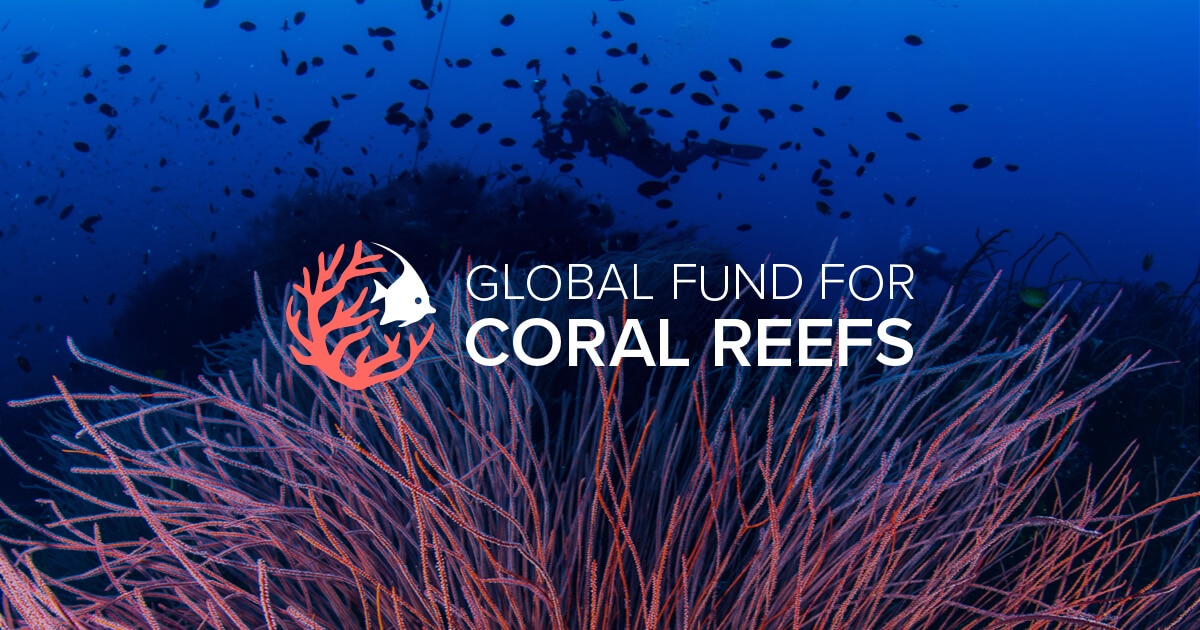Key Takeaways:
- The Global Fund for Coral Reefs (GFCR) announces up to a $50 million investment in Brazil-based Agrion Agrisolutions.
- The investment aims to expand Agrion’s production of eco-friendly organo-mineral fertilizers, reducing the environmental impact of Brazil’s sugarcane industry.
- Agrion’s sustainable practices target nutrient runoff reduction, benefiting marine habitats and coral reef ecosystems.
- The expansion plan includes up to 20 new plants over the next decade, supporting Brazil's agricultural sector with a focus on the Northeast Region’s unique coral reefs.
The Global Fund for Coral Reefs (GFCR), managed by Pegasus Capital Advisors, has committed up to $50 million in investment to Agrion Agrisolutions, a Brazilian agriculture innovator. This investment will facilitate the expansion of Agrion’s production capabilities and the development of environmentally friendly product lines that adhere to sustainable agriculture practices and circular economy principles. The initiative is poised to significantly reduce the environmental impact of Brazil's sugarcane industry, ultimately benefiting critical marine habitats and coral reef ecosystems.
Environmental Challenges in Brazil’s Sugarcane Industry
Brazil's sugarcane industry, comprising over 400 mills, is a cornerstone of the country's economy but poses substantial environmental challenges, particularly to marine ecosystems. The extensive use of chemical fertilizers in sugarcane cultivation has led to nutrient pollution in coastal waters, adversely affecting marine life and coral reefs. Sugarcane by-products such as vinasse and filter cake, if not properly managed, exacerbate these environmental impacts.
Dale Galvin, managing director of the Global Fund for Coral Reefs, highlighted the significance of this issue: “The excessive use of chemical fertilizers and pesticides in agriculture can lead to these inputs being washed into waterways, which in turn carry them out to sea, threatening coastal habitats and coral reefs. Among the impact sectors financed by the Fund are the circular economy and pollution management, which is where Agrion fits in.”
Agrion’s Sustainable Solutions
Agrion currently operates a facility in Tupaciguara, in collaboration with bioenergetics company Aroeira, where it produces approximately 60,000 tons of fertilizers utilizing vinasse and filter cake, both by-products of sugarcane processing. These organo-mineral fertilizers offer a sustainable alternative to conventional chemical fertilizers, reducing nutrient runoff and improving soil health while promoting recycling and the circular economy.
With the new investment from GFCR, Agrion plans to significantly expand its operations. The company aims to build up to 20 new plants over the next decade, focusing on regions where sustainable agriculture can have the most significant environmental impact. This expansion is particularly important in Brazil's Northeast Region, home to the only coral reef ecosystem in the South Atlantic, extending along 3,000 km of the coast.
Strategic Importance and Future Outlook
Ernani Judice, CEO and founder of Agrion, emphasized the strategic importance of this investment: “The investment from the Global Fund for Coral Reefs brings us critical capital, expertise, and relationships, enabling us to expand our operations and develop new product lines with a focus on integrated production and a circular economy. Our goal is to increase productivity while reducing environmental impacts in the plant nutrition segment.”
The collaboration between GFCR and Agrion is set to have a transformative impact on Brazil’s agricultural sector. By focusing on sustainable practices and reducing the environmental footprint of sugarcane production, this partnership aims to protect Brazil's marine ecosystems, particularly the sensitive coral reefs, while supporting the agricultural economy.


